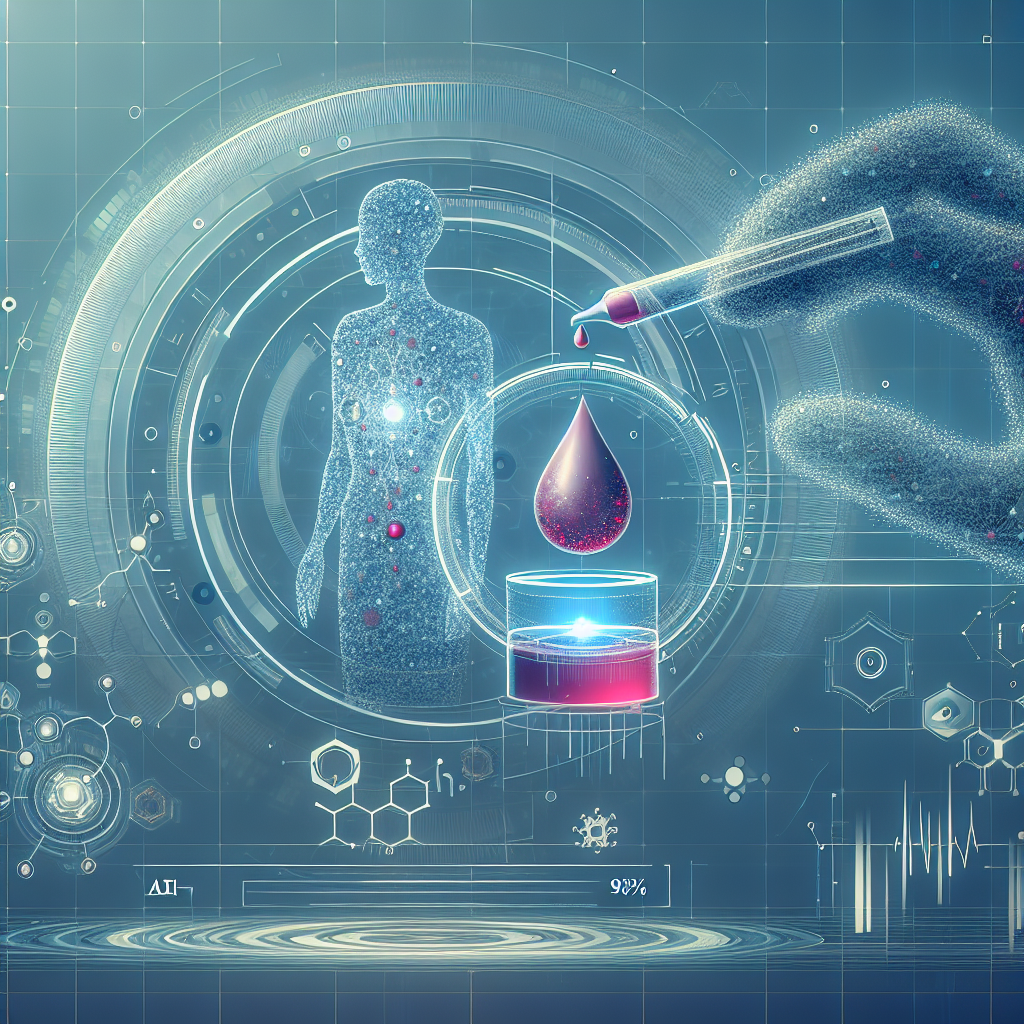“AI-Powered Blood Tests: The Witty Whiz-Kid in Early Parkinson’s Disease Diagnosis”

“AI-powered blood test shows promise for early Parkinson’s disease diagnosis”
“An AI-powered blood test for Parkinson’s disease diagnosis has been developed by a collaboration of scientists from all over the world. This test uses only a single drop of blood and boasts an accuracy rate of 93%. The test, still in the clinical trials phase, shows great promise for significantly improving the early detection of Parkinson’s Disease”. – an exciting snippet from the original Daily AI article.
Now, isn’t this a thrilling headline that whisks you straight into the future? Clinic trials are still ongoing, but hey, who has time for pesky nuances when the world is busy preparing its welcome banners for our AI overlords?
The beauty of this AI model—besides its potentially life-changing application—is that it requires nothing more than a drop of blood. Yes, you heard it right. A single drop of the red stuff. We’re heading towards a future where hypodermic needles could become artefacts of the past, stored next to rotary dial phones in the Museum of Pre-AI Antiquities. Testing for diseases that currently require extensive, costly, and invasive procedures could be as quick, simple, and painless as a pinprick. Thrilling, isn’t it?
The research team, a glowing melting pot of scientific minds, is largely focusing on early-stage Parkinson’s disease. Their rationale? Early intervention equals holistic care and optimized results. It’s like going to the dentist at the first sign of toothache, rather than when you’re already ranting about gum infection pain. Very clever, indeed.
While the technology is still in its infancy, the potential implications are vast. The AI model is “trained” on thousands of blood spectrometry profiles representing both healthy individuals and those with Parkinson’s disease. Like that straight-A student, the AI studies, learns, and ultimately excels, in this case, with a reported 93% accuracy rate.
But let’s sprinkle some realism onto this AI optimism pancake. AI-based diagnoses are not going to replace doctors or traditional testing procedures any time soon. These models are tools, not replacements. Just like a hammer won’t replace a carpenter, AI won’t replace the human touch of healthcare. It could, however, make life a whole lot easier for them.
Ultimately, while the certainty of AI-powered tests isn’t as absolute as the daily sunrise quite yet, the future sure does look brighter for those living with Parkinson’s disease. Watching how this technology evolves will certainly be worth a million drops of blood… okay, maybe just one drop.
